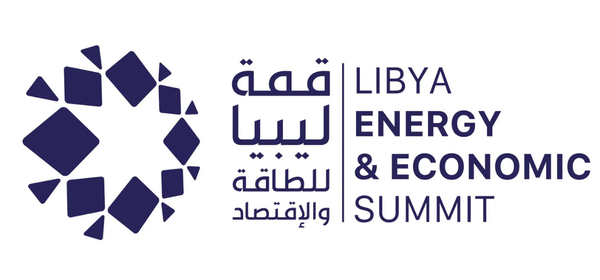Libyan Trade Minister Highlights Energy as Key to Economic Growth
)
Libya's economic growth and energy potential took center stage at the Libya Energy & Economic Summit (LEES) in Tripoli on January 19, as Minister of Economy and Trade Mohamed Al-Hwej outlined the country's goals for energy expansion and economic diversification.
“There is no economy without energy, and this platform represents a strategy for growth," said Minister Al-Hwej. He outlined Libya’s untapped hydrocarbon reserves and solar energy potential, reaffirming the country’s commitment to increasing crude oil production to two million barrels per day, while also focusing on downstream development and diversification.“Libya is ready not only to produce crude oil, but also to develop chemical and petroleum products. We aim to be a strategic hub, connecting Europe and Africa,” he added.
Following the keynote, a panel discussion on investment strategies, sponsored by Zahaf & Partners Law Firm, explored political stability, regulatory frameworks and incentives to attract investment to Libya’s energy sector. Moderated by Michel Cousins, Editor-in-Chief of Libya Energy, the session underscored Libya’s competitive advantages.
Echoing the Minister’s remarks, Nicolas Pringault, Vice President and Country Manager for Libya and Algeria at Harbour Energy, emphasized Libya’s robust reserves. “Libya has the highest reserves in Africa, with 48 billion barrels of oil and 1.3 trillion cubic feet of gas. This is very encouraging for IOCs looking to explore,” Pringault noted.
Despite its abundant natural resources, Dr. Ahmed Ali Attiga, Banker and Senior Advisor – Private Equity, and former CEO of the Arab Petroleum Investments Corporation, identified political division as a persistent barrier to investment.“Stability is essential, but it does not align with a divided country. This is the challenge Libya faces. Investors will come, and money will flow, but first, Libya must put its house in order,” Attiga remarked.
Azza Maghur, Senior Strategy Advisor at Murzuq Oil Services, cautioned against changes to Libya’s existing legal framework, which she believes is critical to maintaining investor confidence. “Given the situation today, we should stick to the laws we have to maintain stability. The protection we have through arbitration is crucial – I strongly recommend we do not change the legal framework for now, as it ensures investor confidence.”
Closing the discussion, Mohamed Dikna, Senior Consultant at Zahaf & Partners Law Firm, underscored that Libya already offers strong legal protections to investors. “If you have incentives and invest significant capital, but political unrest occurs, your investment becomes meaningless. However, Libya’s investment laws, including the Value-Added Incentive Tax at 26%, provide strong protection,” said Dikna.

